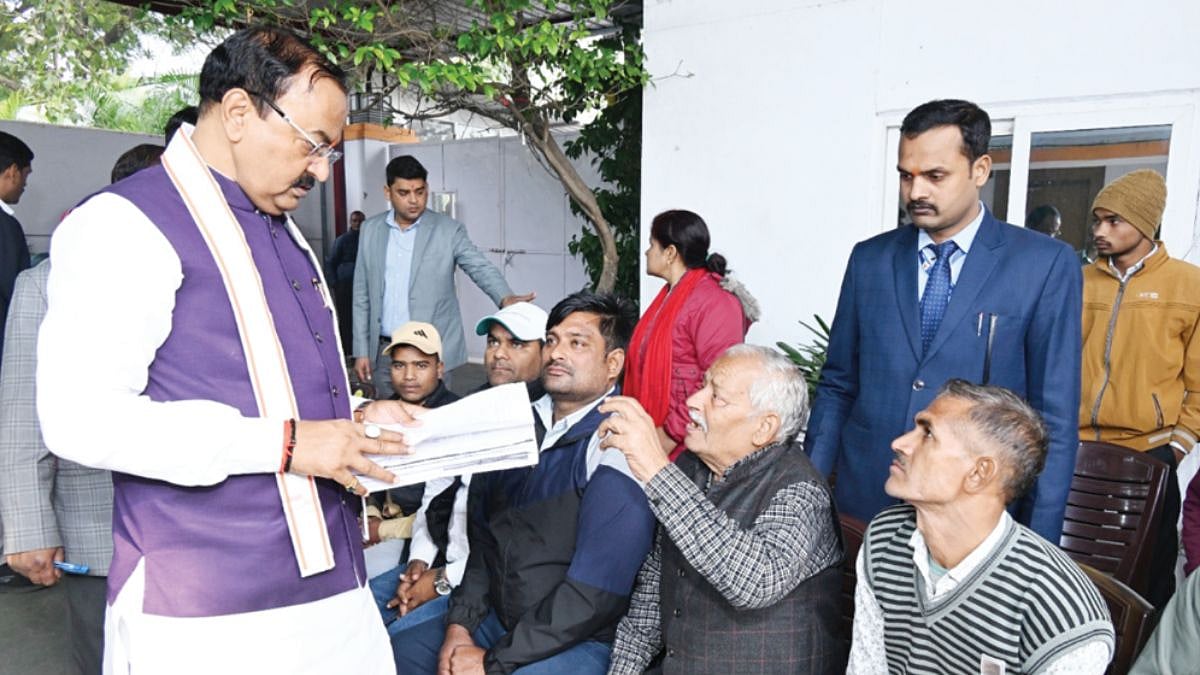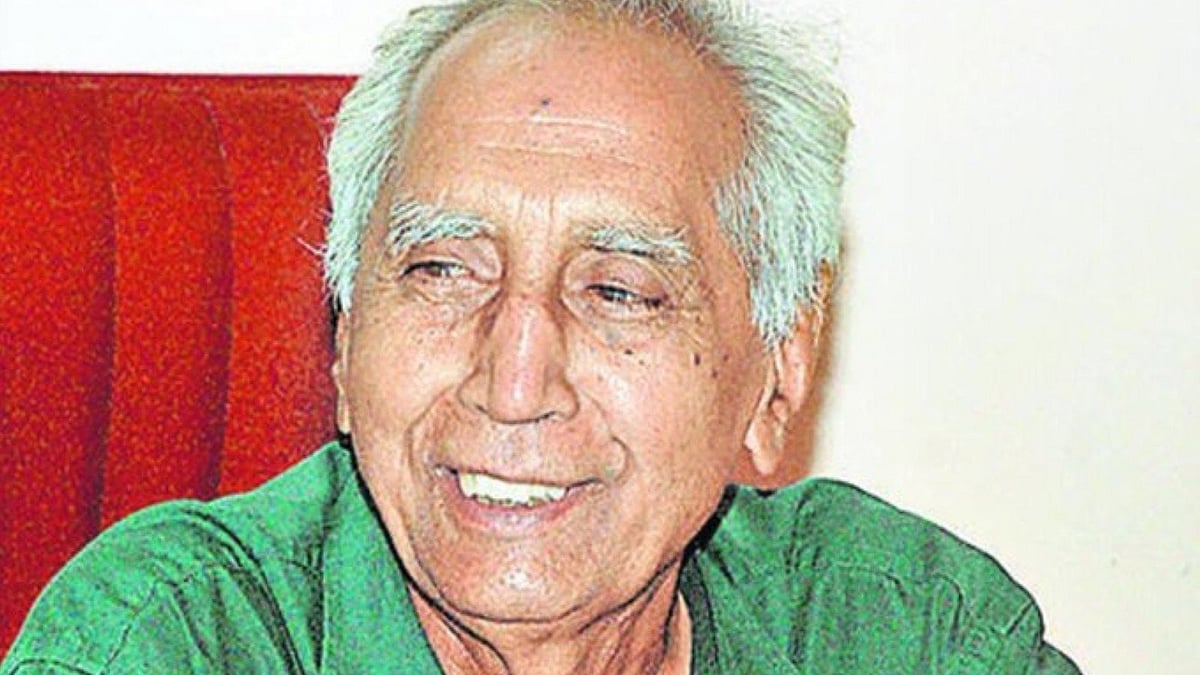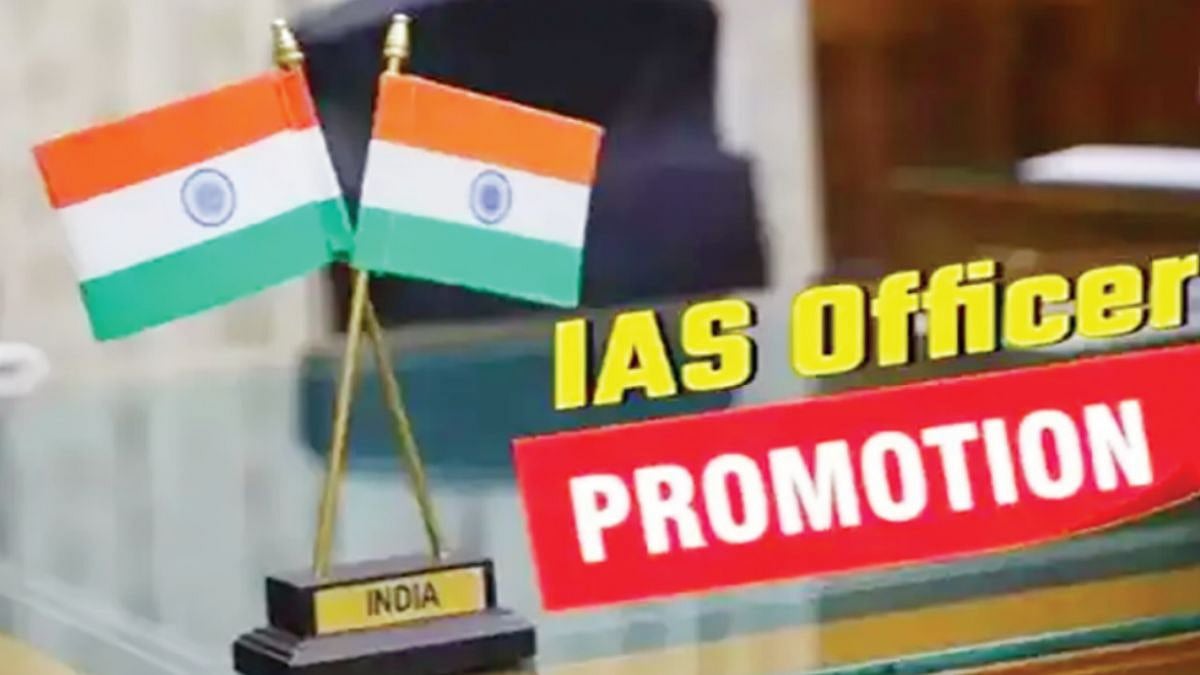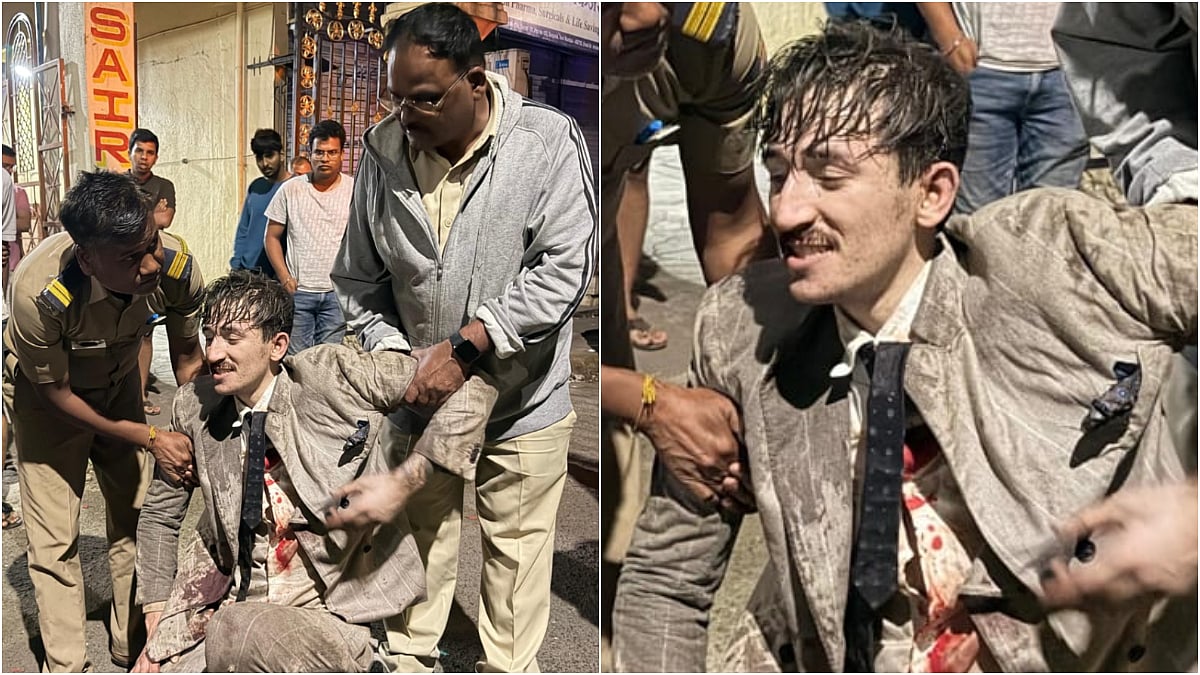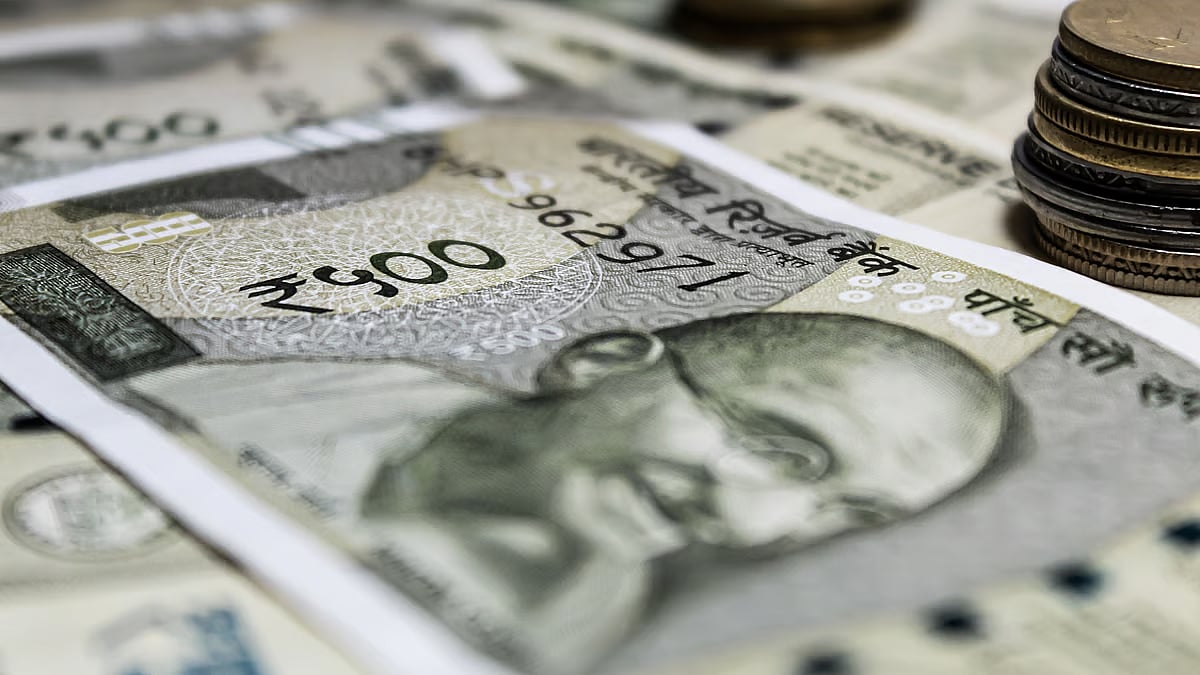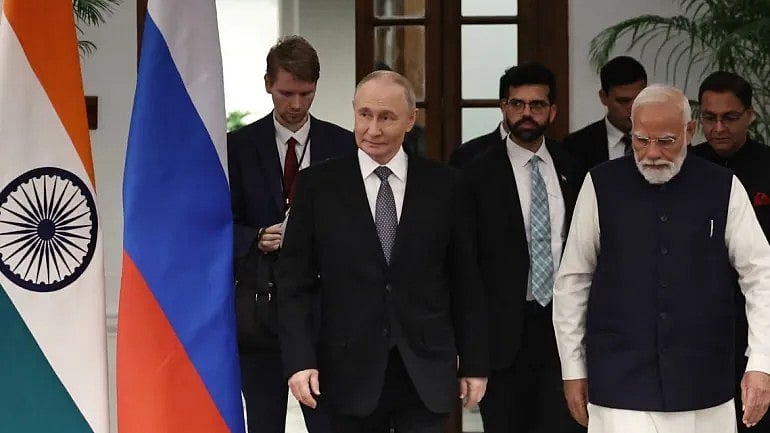The nation heaved a sigh of relief over the withdrawal of the strike by the truck drivers. During the few days of their work stoppage in states like Madhya Pradesh, Maharashtra, Rajasthan and Himachal Pradesh, they wreaked havoc. There was a massive rush of motorists to gas stations to fill their fuel tanks, fearing the strike would leave their vehicles dry. Also, there was a high demand for essential items, as customers feared the strike would cause scarcity. In Madhya Pradesh, a district collector who had an argument with the truck drivers lost his job due to impatience and use of a derogatory word. Fortunately, Home Secretary Ajay Bhalla convinced the All India Motor Transport Congress that the Centre would address the issue, leading to the withdrawal of the strike.
However, some labour unions have warned of renewing the agitation if their demands are not met. At the root of the problem is Section 106 (2) of the Bharatiya Nyaya Samhita (BNS), recently enacted by the central government. The law, replacing the British-era Indian Penal Code (IPC), was passed without any meaningful debate, with nearly 150 Opposition MPs remaining suspended. The President gave her assent as soon as the BNS was placed before her. The only convincing statement the public heard was made by Home Minister Amit Shah, who claimed to have scrutinised every word in the BNS and found everything in order. As of now, the BNS has not been notified, meaning it has not come into force. Yet, the truck drivers find the provision objectionable.
The section in question deals with hit-and-run cases in which the driver faces ten years of imprisonment and a fine of Rs 7 lakh. The government clarified that this applies only to drivers who try to hide the accident from the police, not to those who report it. The drivers argue that if they remain at the accident site to inform or assist the police, they could be lynched by the angry public. By the way, under the IPC, the punishment for such cases was two years’ imprisonment. This disproves Shah’s claim that the BNS is less harsh than the IPC. Whether the government will modify the provision remains uncertain, reflecting the shoddy work done in drafting the BNS. In retrospect, the IPC was the least amended law in the country, though enacted as early as 1860.

